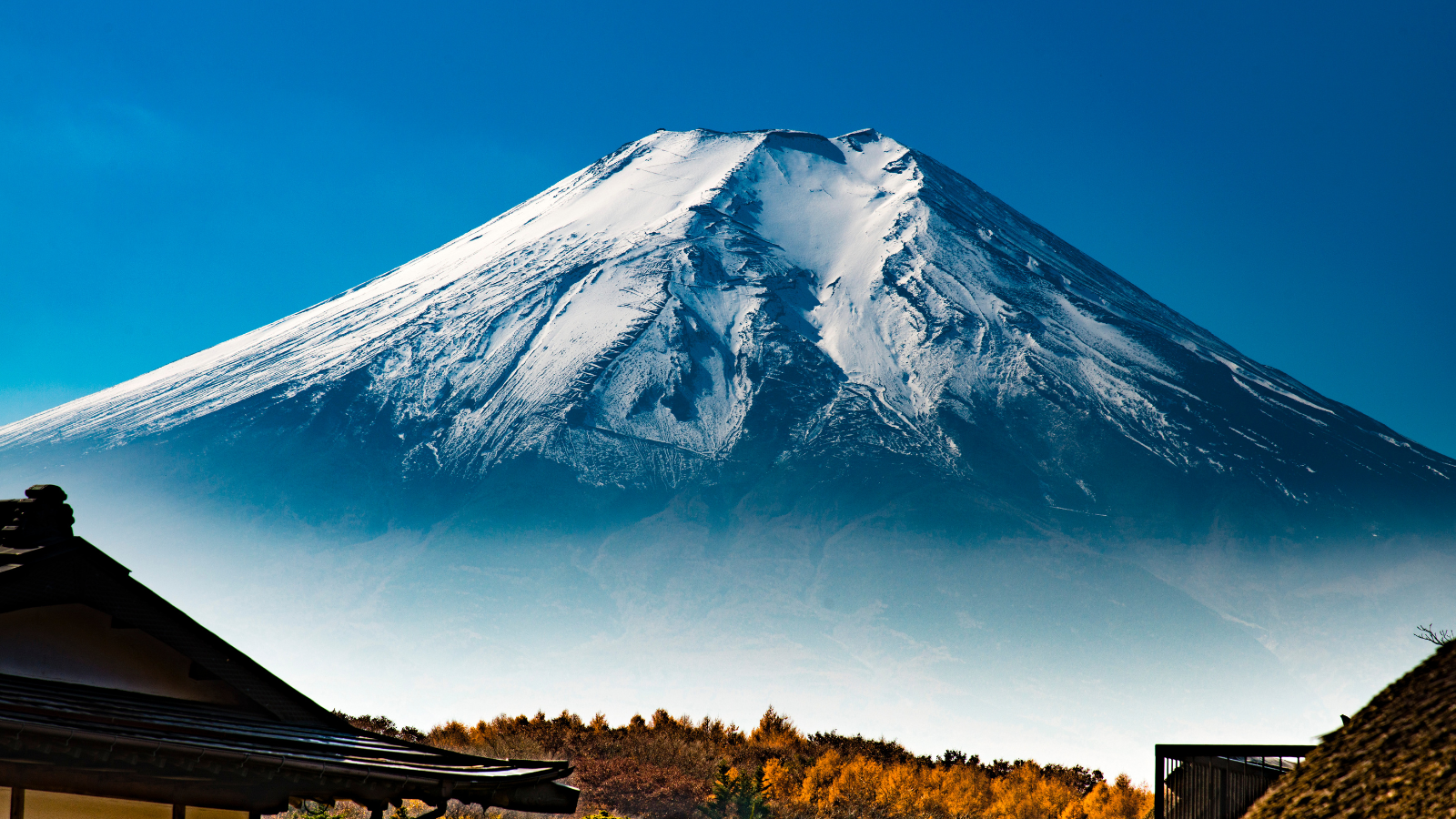Japan’s Yamanashi prefecture introduces fees and visitor caps at Mount Fuji to combat overtourism and fund conservation efforts.
In the realm of travel and hospitality, sustainable tourism practices are paramount to preserving the integrity and beauty of the world’s most iconic destinations. Mount Fuji, a UNESCO World Heritage site and a symbol of natural beauty and spirituality in Japan, has recently been at the forefront of discussions concerning overtourism and environmental degradation. The government of Japan’s Yamanashi prefecture has taken decisive steps to address these concerns, introducing measures that set a precedent for responsible tourism management worldwide.
Starting in the summer of 2024, a landmark policy will be implemented for visitors wishing to ascend the trails of Mount Fuji, including the imposition of a fee. This initiative is not merely about managing the number of tourists but is part of a comprehensive strategy to fund the mountain’s clean-up efforts, protect its delicate environment, and ensure the safety and enjoyment of hikers.
The Yoshida Trail, the most popular route due to its accessibility from Tokyo and the availability of mountain huts for accommodation and meals, will see the introduction of a daily visitor cap of 4,000. This measure is critical in preserving the mountain’s natural beauty and spiritual significance, ensuring that future generations can enjoy and revere Mount Fuji as we do today.
Mount Fuji’s allure has attracted an increasing number of visitors in recent years, raising concerns over trash accumulation and the safety of hikers. The government’s response, informed by an “unprecedented number” of climbers and the challenges posed by over-tourism, is a balanced approach to maintaining the site’s accessibility while ensuring its sustainability.
The fee collection, starting from July 1, will be facilitated by the installation of a gate at the Yoshida Trail’s entrance. The revenue generated will fund essential services and infrastructure, including the construction of shelters along the trail for use in emergency situations, such as volcanic eruptions, and the maintenance of the hiking path. Furthermore, restrictions will be placed on the timing of ascents, prohibiting climbers from starting their journey between 4:00 p.m. and 2:00 a.m., to mitigate safety risks.
This policy serves as a case study in managing over-tourism through strategic planning and the implementation of sustainable tourism practices. It underscores the importance of collaboration between government entities, local communities, and industry stakeholders in preserving natural treasures. For travel and hospitality professionals, it is a reminder of our collective responsibility to advocate for and implement practices that ensure the longevity and integrity of the destinations we promote.
As the travel industry continues to evolve, the approach taken by the Yamanashi prefecture government offers valuable insights into balancing visitor access with conservation efforts. It highlights the necessity of proactive measures to address the challenges of over-tourism, ensuring that iconic destinations like Mount Fuji remain vibrant and accessible for future explorers. In embracing these principles, we can contribute to a sustainable and responsible tourism industry that honors and preserves the natural wonders of our world.
Theodore is the Co-Founder and Managing Editor of TravelDailyNews Media Network; his responsibilities include business development and planning for TravelDailyNews long-term opportunities.

























![[PR] PR_Ascott and Vimut Hospital_2024](https://www.traveldailynews.asia/wp-content/uploads/2024/04/PR-PR_Ascott-and-Vimut-Hospital_2024-400x265.jpg)



















































